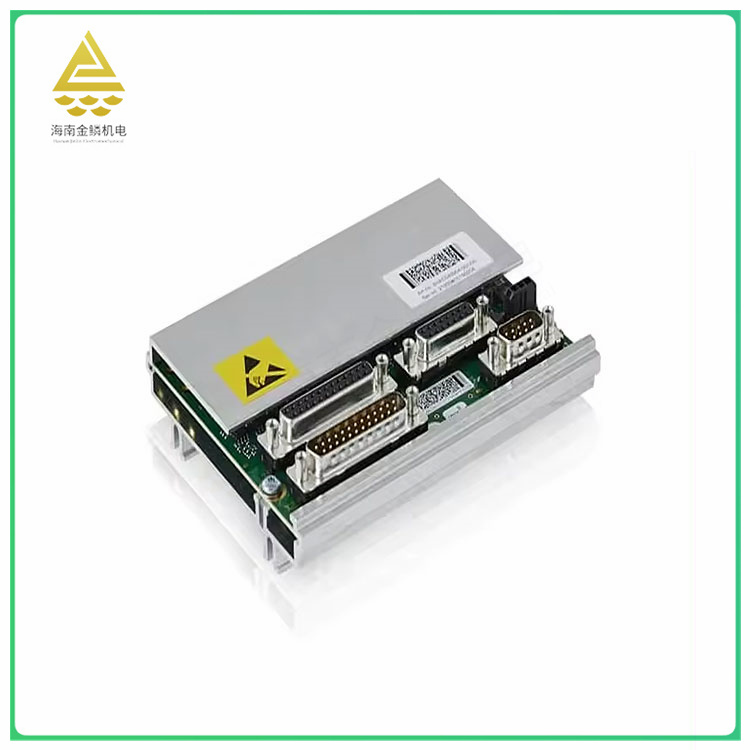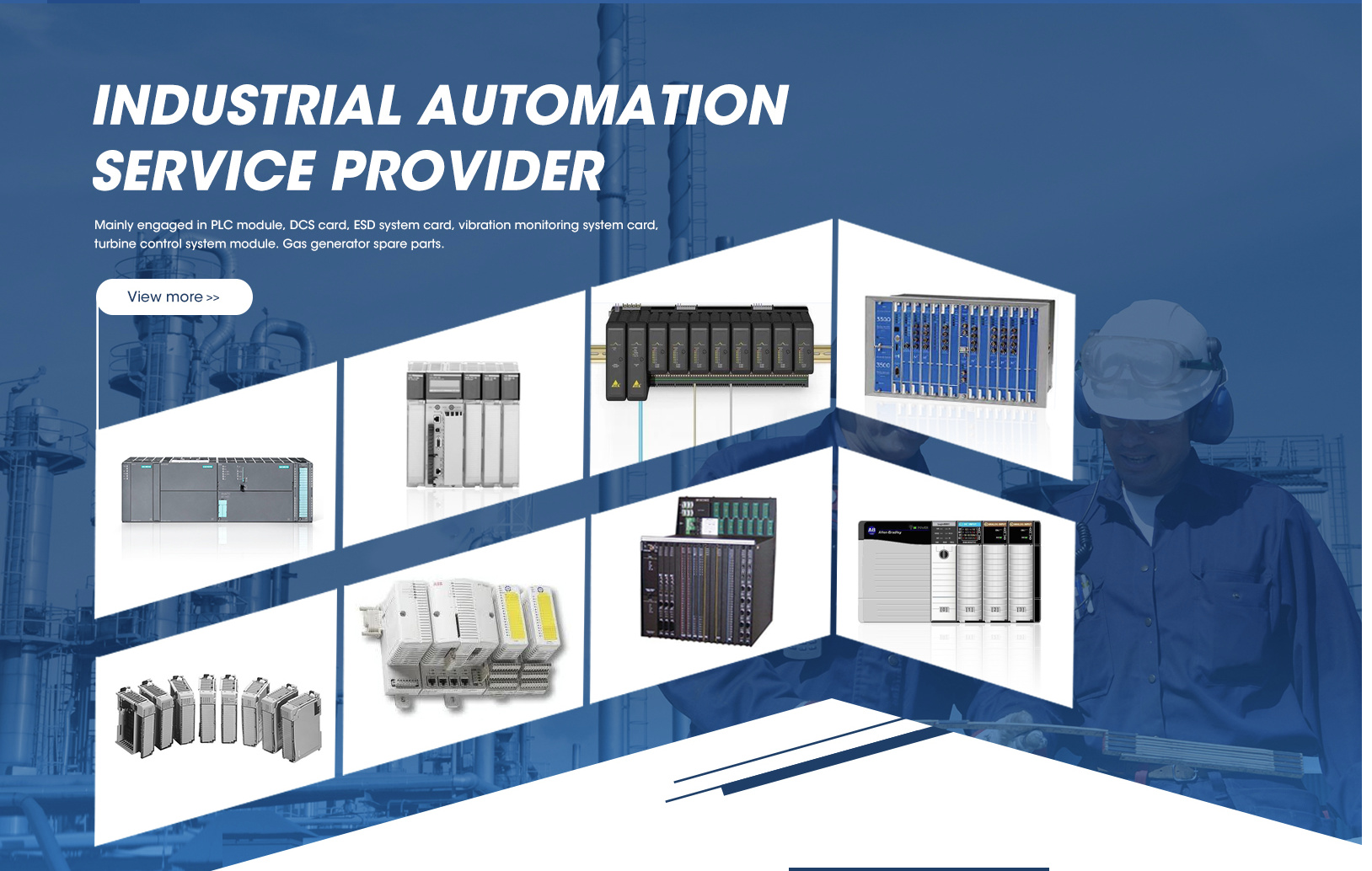The DSQC-633C is a Programmable Controller produced by ABB, also known as the Programmable Control Unit (PCU). This controller was an early ABB product and may now have been replaced by a new model or product line, but it can still be found in some older or specific applications.
DSQC-633C is commonly used in the field of industrial automation and has the following characteristics:
Programmability: The DSQC-633C allows users to define and control the behavior of automated systems through programming. It supports a variety of programming languages, such as Ladder diagrams and Structured Text, enabling users to write control logic based on their actual needs.
Digital and analog input/output: The controller has digital and analog input/output channels that can be connected to various sensors and actuators for the control and monitoring of industrial equipment.
Communication interface: DSQC-633C is usually equipped with a communication interface, such as RS-232, RS-485 or Ethernet, which can exchange data and communicate with other devices or systems.
Modular design: DSQC-633C usually adopts modular design, and different modules can be combined and expanded according to actual needs to meet different control requirements.
Reliability and stability: As an industrial controller, DSQC-633C has undergone strict quality control and environmental adaptability testing, with a high degree of reliability and stability, suitable for harsh industrial environments.

As a programmable controller from ABB, the DSQC-633C offers the following advantages and disadvantages:
Advantages:
Programmability: The DSQC-633C provides powerful programming capabilities, enabling users to write customized control logic according to different application scenarios. This flexibility allows it to adapt to a variety of automation requirements.
Modular design: The controller has a modular design, which means that users can add or remove modules as needed, making it easy to scale up or down the system. This design also facilitates maintenance and replacement of faulty modules.
Communication capability: DSQC-633C supports a variety of communication protocols and interfaces, such as RS-232, RS-485, etc., and can communicate with other devices and systems to achieve data sharing and control collaboration.
Stability and reliability: As an industrial grade equipment, the DSQC-633C has been designed and manufactured with harsh industrial environments in mind, so it has high stability and reliability, and can operate stably for a long time.
Wide range of applications: Due to its programmability and modular design, the DSQC-633C is suitable for a variety of industrial automation fields, such as packaging machinery, material handling, production line control, etc.
Cons:
Outdated technology: Since the DSQC-633C is an older product, its technology and performance may not be as good as the latest controller products. This may result in some applications where processing speed, communication capability or control accuracy cannot meet the requirements.
Maintenance and support: Since the DSQC-633C is an older product, its maintenance and support may not be as comprehensive as that of newer products. This can make it difficult for users to get timely help when a fault occurs or technical support is needed.
Limited scalability: Although the DSQC-633C supports modular design, its ability to scale may be limited. With the development of industrial automation technology, new devices and sensors may require higher communication rates and more complex control logic, which may be beyond the capabilities of the DSQC-633C.
Cost considerations: While the DSQC-633C may have been an affordable option in its time, it may not be as cost effective as newer controller products over time. The new products may offer higher performance, lower energy consumption and longer service life, resulting in cost savings for users in the long term.
In summary, DSQC-633C has advantages in programmability, modular design, communication capability, stability and reliability, but it also has some disadvantages due to its outdated technology, limited maintenance and support, limited scalability and cost considerations.







